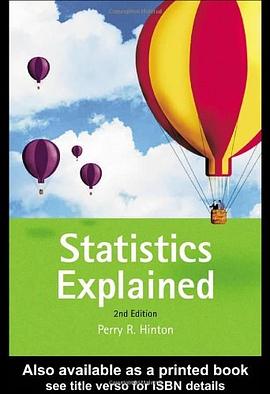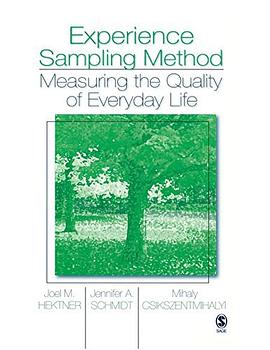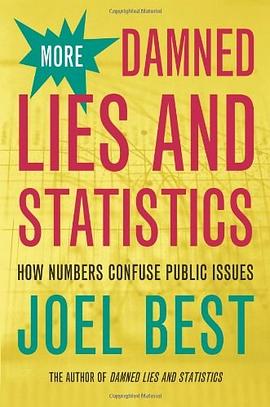TC
Contents
Acknowledgments
Introduction
Part I. Meaning and Methodology
1. Thinking Interpretively: Philosophical Presuppositions and the Human Sciences
Dvora Yanow
2. Contending Conceptions of Science and Politics:
Methodology and the Constitution of the Political
Mary Hawkesworth
3. Generalization in Comparative and Historical Social Science:
The Difference that Interpretivism Makes
Robert Adcock
4. Neither Rigorous Nor Objective?
Interrogating Criteria For Knowledge Claims in Interpretive Science
Dvora Yanow
5. Judging Quality: Evaluative Criteria and Epistemic Communities
Peregrine Schwartz-Shea
Part II. Accessing and Generating Data
6. Talking Our Way to Meaningful Explanations:
A Practice-centered View of Interviewing for Interpretive Research
Joe Soss
7. Ordinary Language Interviewing
Frederic Charles Schaffer
8. Seeing with an Ethnographic Sensibility:
Explorations Beneath the Surface of Public Policies
Ellen Pader
9. High Politics and Low Data: Globalization Discourses and Popular Culture
Jutta Weldes
10. The Numeration of Events: Studying Political Protest in India
Dean E. McHenry, Jr
Part III. Analyzing data
11. Political Science As History: A Reflexive Approach
Ido Oren
12. Studying the Careers of Knowledge Claims: Applying Science Studies to Legal Studies
Pamela Brandwein
13. Ethnography, Identity, and the Production of Knowledge
Samer Shehata
14. Making Sense of Making Sense: Configurational Analysis and the Double Hermeneutic
Patrick Thaddeus Jackson
15. How Narratives Explain
Mark Bevir
16. Critical Interpretation and Interwar Peace Movements: Challenging Dominant Narratives
Cecelia Lynch
17. Value-critical Policy Analysis: The Case of Language Policy in the United States
Ronald Schmidt, Sr.
18. Stories for Research
Steven Maynard-Moody and Michael Musheno
19. Interpretive Content Analysis: Stories and Arguments in Analytic Documents
Clare Ginger
20. How Built Spaces Mean: A Semiotics of Space
Dvora Yanow
Part IV. Re-recognizing Interpretive Methodologies in the Human Sciences
21. We Call It a Grain of Sand: The Interpretive Orientation and a Human Social Science
Timothy Pachirat
22. Thinking and Doing Social Science in a Humanistic Manner
Dvora Yanow and Peregrine Schwartz-Shea
References
About the Editors and Contributors
Index
· · · · · · (
收起)






















